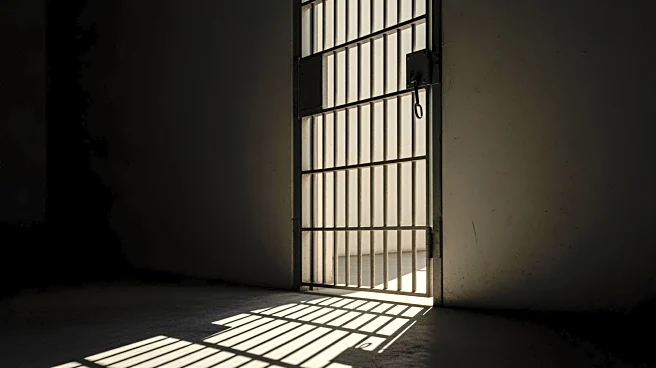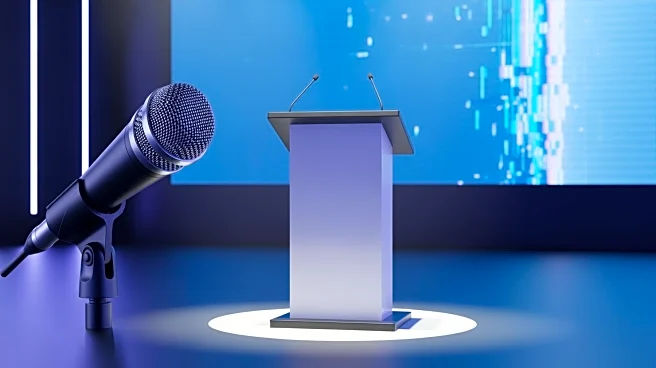What is the story about?
What's Happening?
SBS, Australia's public broadcaster, has announced its decision to participate in the Eurovision 2026 song contest, despite calls from several European Union countries to boycott the event if Israel is allowed to compete. The European Broadcasting Union (EBU) will make a decision on Israel's participation by December. Countries like Ireland, Slovenia, Spain, the Netherlands, and Iceland have expressed their unwillingness to participate if Israel is included, citing the ongoing humanitarian crisis in Gaza. The EBU has extended the deadline for broadcasters to confirm their participation until mid-December, allowing for further consultation with member broadcasters. SBS has stated its intention to continue its tradition of broadcasting Eurovision, emphasizing the event's celebration of diversity and inclusion.
Why It's Important?
The decision by SBS to participate in Eurovision 2026, regardless of Israel's inclusion, highlights the complex interplay between cultural events and geopolitical tensions. The calls for a boycott reflect broader concerns about human rights and international relations, particularly in light of the humanitarian situation in Gaza. The participation of countries in such events can be seen as a form of soft diplomacy, influencing public perception and international relations. SBS's stance may impact Australia's diplomatic relations and public opinion, especially among groups advocating for Palestinian rights. The situation underscores the challenges faced by international cultural events in navigating political controversies.
What's Next?
The EBU is expected to make a decision regarding Israel's participation by December, which could influence the final list of participating countries. The ongoing consultations may lead to further changes in the lineup, depending on the geopolitical climate and member broadcasters' decisions. SBS's participation could prompt reactions from political groups and advocacy organizations within Australia, potentially leading to public debates and discussions about the country's stance on international human rights issues. The decision may also affect future participation and policies of broadcasters in similar events.
Beyond the Headlines
The controversy surrounding Israel's participation in Eurovision 2026 raises questions about the role of cultural events in addressing or ignoring geopolitical conflicts. The situation highlights the ethical considerations broadcasters face when deciding whether to participate in events that may be perceived as endorsing or overlooking human rights violations. The debate also reflects broader societal divisions and the influence of advocacy groups in shaping public discourse and policy decisions.















